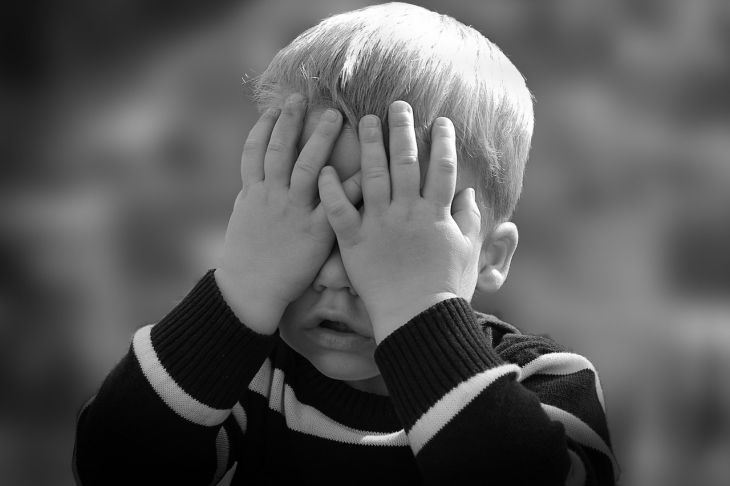The ability to withstand strong emotions depends on the age and individual characteristics of the child.
Psychologist Ulyana Mitrofanova told how to help a child cope with emotions.
In infancy, the child's displeasure, for example, about hunger, a wet diaper or other irritation, is perceived by him totally and is often accompanied by loud crying right off the bat.

The older the child becomes, the easier it is for him to withstand displeasure: for example, at about a year old, a child no longer reacts to hunger as strongly as a baby.
However, the repertoire of life situations in which a child’s emotions can go off the scale is also expanding.
The most important thing parents can do to help a child with strong emotions is to talk about them, to voice them, to talk about them as much as possible.
How this works can be seen in a simple example. Two children ran in the same way, fell and scraped their knees until they bled. But one of them gets the response: "What are you whining about?! So what, stop whining!"
And the second one can turn to his mother and she says: "You hit it, blood is flowing! Now we'll wash it, it will sting, sting and it will heal! It hurts, yes, I understand, I myself have bruised my knees like that many times when I was little."
In the first case, the entire charge of experiences (if the child is sufficiently obedient or intimidated) remains inside, finding no outlet, and continues to wander in the psyche, and to it are added experiences of rejection, “not being like that,” wrongness of oneself, or anger, resentment towards the mother.
And in the second case, the charge of experiences - pain, resentment, disappointment, grief - comes out through speech. Words become a container for experiences.
The psyche is freed from them and soon the child returns to its normal state.
At a very young age, a child is not yet able to separate and name his feelings, the parent does it for him, saying to the screaming baby: "You are hungry, your tummy is empty, now I will feed you." Or with a grown child - "You are angry, something did not go as you would like.."
When a child is constantly in an environment that helps him recognize and name his states through speech, over time he himself learns to envelop his experiences in speech. Instead of the heart-rending emotional: "Aaaaaaaaaaaaa, maa ...
The second thing that helps a child cope better with emotions is the parent's own behavior. One way or another, a child reads information not only from what we say to him, but also from how we react to certain events.
When a child hurts his knees, one mother will calmly say: “I fell, it hurts…”, and the child, in addition to words, will also perceive the unconscious message: “it’s not fatal, it’s normal, it happens.”
And another mother can say the same words out loud, but at the same time she will shake like an aspen leaf, and the child in this case will most likely not perceive the words, but will subconsciously catch: “If mom is so worried, then something terrible really happened, I have something to worry about.”
And then the child's emotions will be stronger, it will be more difficult for him to cope with them. In the USA in the 1960-1980s, studies were conducted that showed in experimental conditions how totally a child's perception of a situation depends on what signals he receives from his mother.
Thus, in order to help a child cope with emotions, a parent needs to be supportive with the child at the moment, helping to translate emotions from reaction to speech.
And outside of the situation of an emotional outburst, it is important for the parent to take inventory of their own strong emotions that may manifest themselves in contact with the child.
Most often, such emotions are associated with what the parent would like to avoid or what the parent himself lacked when he was a child.
